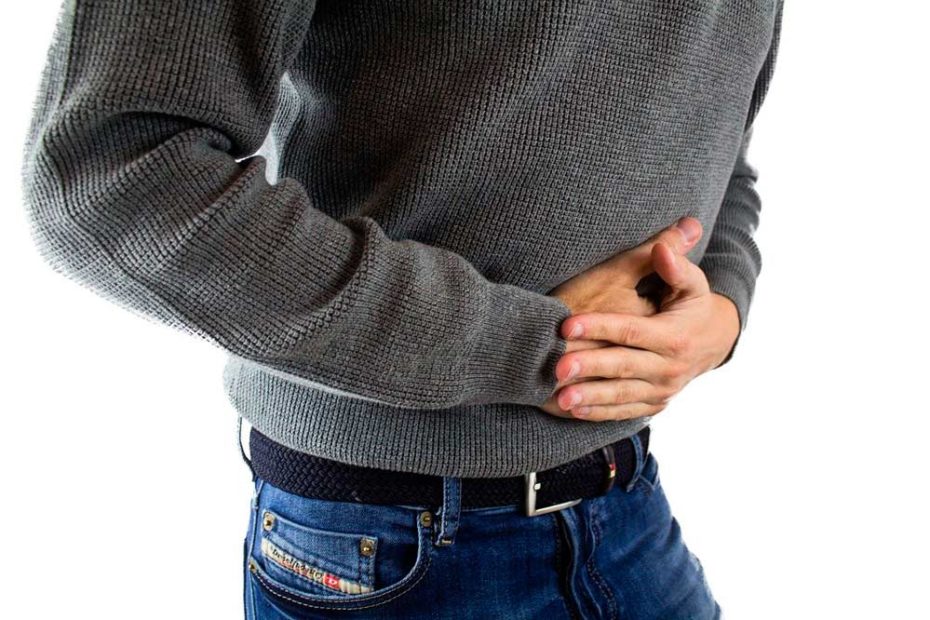“Too much of a good thing can be a bad thing”.
There is growing recognition that gut bacteria are essential to gut health. While more and more probiotic supplements are being marketed to the general public, it is less well-known (and less of an interest of manufacturers!) that too many gut bacteria can lead to small intestine bacteria overgrowth (SIBO).
What is SIBO?
SIBO is a health condition that is defined as the presence of an abnormally high number of bacteria in the small intestine. In general, SIBO often goes undiagnosed, mainly because it has non-specific symptoms that are often ascribed to another health condition. For example, studies have found that 30%-85% patients with irritable bowel syndrome (IBS) also suffered from SIBO.
What causes SIBO?
Most bacteria in the gastrointestinal (GI) tract are located in the large intestine, and much fewer are found in the small intestine. SIBO occurs when the bacteria that normally grow in other parts of the GI tract start growing in the small intestine, causing bacteria in the small intestine to overgrow and become out of balance.
The cause of bacterial overgrowth is complex, but there are a number of factors that may contribute to it. SIBO patients typically have abnormal motility of the small intestine such as delayed transit time, which leads to the accumulation of bacteria in the small intestine. This may be caused by anatomical disturbances in the bowel, effects of certain medications and disorders in the immune system. In addition, a diet high in sugar, refined carbohydrates, alcohol may also result in excessive bacteria in the small intestine, as gut bacteria are fed on these (they love sugar more than you do!).
What will happen if I have SIBO?
SIBO has been shown to negatively affect both the structure and function of the small intestine. The most common symptoms are belching and bloating, due to fermentation of the excessive bacteria which in turn produce hydrogen and methane as by-product. Hydrogen-dominant SIBO typically leads to diarrhea, while methane-dominant SIBO leads to constipation instead. SIBO may also damage the cell lining the small intestine (the mucosa), causing significant interferences with the digestion of food and absorption of nutrients; this may result in leaky gut, food intolerances, as well as vitamin and mineral deficiencies.
What should I do if I have SIBO?
It is not the end of the world yet! The standard treatment of SIBO consists of 3 steps. The first step is to remove foods that feed the bacteria such as sugar and carbohydrates, so as to “starve the overgrown bacteria”.
The second step involves the use of antibiotics to kill pathogenic bacteria in small intestine. The antibiotic primarily used is Rifaximin, which is prescribed by many as it does not have much impact on the large intestine.
The third step is to restore good gut bacteria. As you may be familiar with this, probiotics are used to replenish good bacteria and restore their balance in the small intestine. Note, since SIBO is related to the overgrowth of bacteria, probiotic supplements must be chosen carefully.
Is this enough? What can I do more?
Despite the high success rates with the use of antibiotics, relapses occur in almost half of the patients within one year. This means treatment of bacterial overgrowth alone is insufficient. To give it a little push, a dietary approach may be helpful.
There is some evidence that an elemental diet or a Low-FODMAP diet is effective in treating SIBO. However, currently the evidence is mixed and prolonged adherence to such a highly restrictive diet may adversely impact on the diversity and balance of gut bacteria. In general, a balanced, nutritious and healthy diet, with smaller meals that are at least 4-5 hours apart, may be the safest and most sustainable way to improve gut health.
Unsure how to improve your gut bacteria by eating more healthily, the RYH online course has got your back! Providing easy-to-follow recipes for 3 meals a day for 4 weeks, it is perfect for those who want to learn how to improve gut bacteria naturally. Currently it is also developing a plan specifically designed for SIBO sufferers. Interested? Check out how RYH helps for more details and updates!
References:
Sachdev AH, Pimentel M. Gastrointestinal bacterial overgrowth: pathogenesis and clinical significance. Ther Adv Chronic Dis. 2013;4(5):223-31.
Bures J, Cyrany J, Kohoutova D, et al. Small intestinal bacterial overgrowth syndrome. World J Gastroenterol. 2010;16(24):2978-90.
Chander Roland, Bani & M Ciarleglio, Maria & Clarke, John & R Semler, John & Tomakin, Eric & Mullin, Gerard & Pasricha, Pankaj. (2014). Small Intestinal Transit Time Is Delayed in Small Intestinal Bacterial Overgrowth. Journal of clinical gastroenterology.
